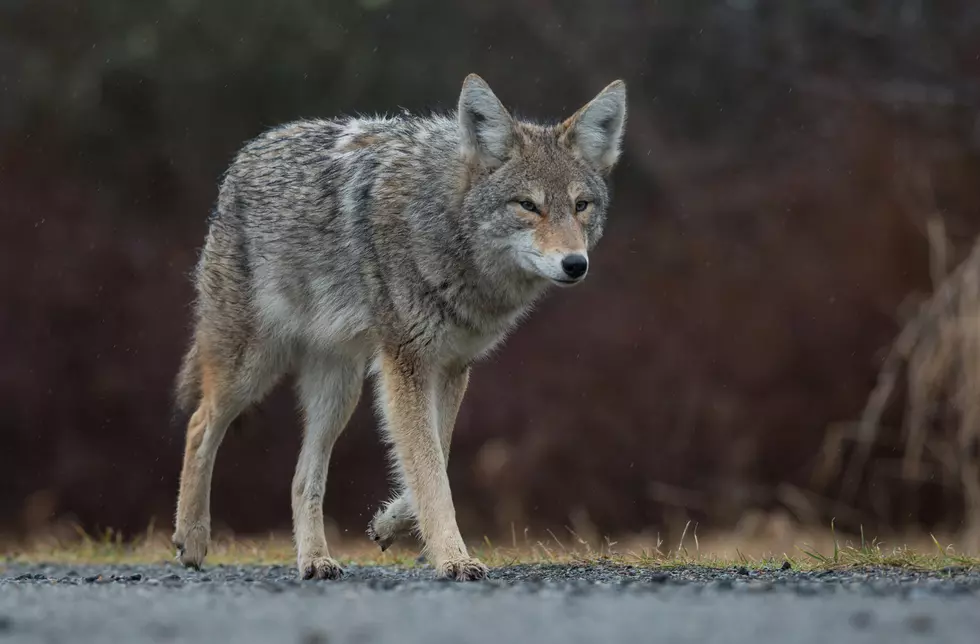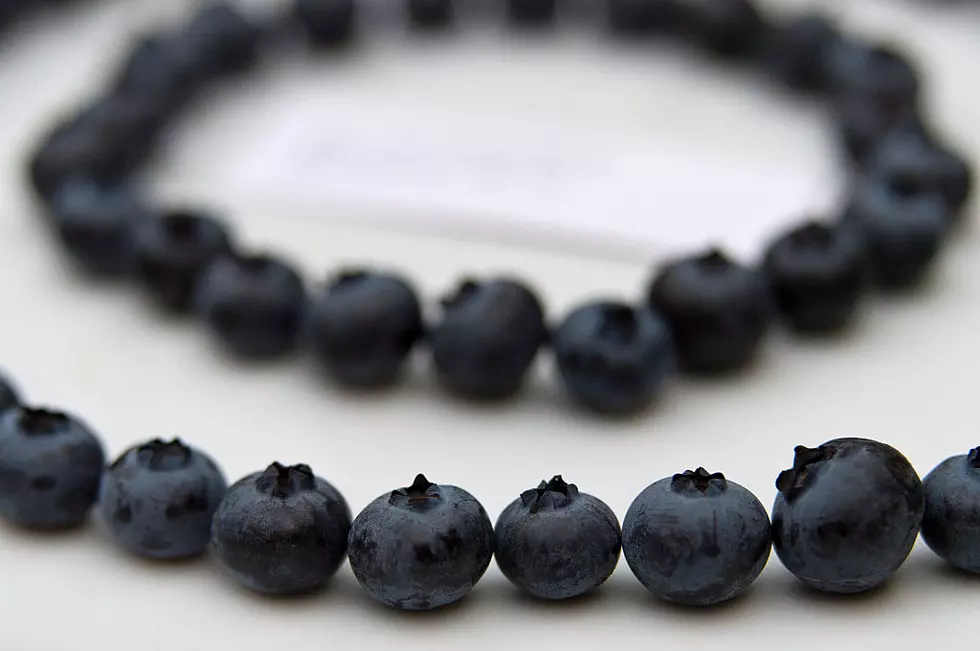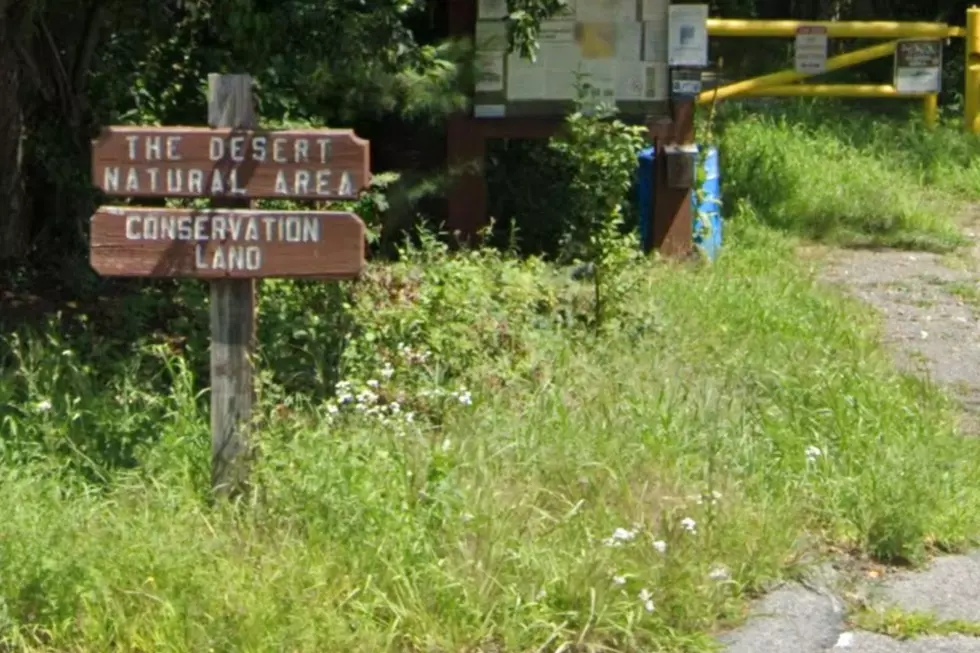
State Officials Propose Ban on Coyote Hunting Contests
BOSTON — Motivated by public outcry, the Division of Fisheries and Wildlife has recommended banning hunting contests for coyotes.
"The recommendation addresses public concerns that these hunting contests are unethical, contribute to the waste of animals, and incentivize indiscriminant killing of wildlife, inconsistent with the North American Model of Wildlife Conservation," MassWildlife said on its website.
After holding several listening sessions across the state, MassWildlife has recommended that the Fisheries and Wildlife Board prohibit hunting contests for predators and furbearers, prohibit "wanton waste" of all wildlife, and impose new reporting requirements on fox and coyote harvests.
The regulations would make it illegal for a person to "organize, sponsor, promote, conduct, or participate" in a hunting contest for coyote, bobcat, red fox, gray fox, weasels, mink, skunk, river otter, muskrat, beaver, fisher, raccoon, and opossum. However, it would not affect other hunting of coyotes.
The agency said it was motivated to prohibit contests because "public controversy over this issue has the potential to threaten predator hunting and undermine public support for hunting in general."
Several states have banned similar hunting contests, including California, Arizona, Vermont, and New Mexico. New York and Oregon are considering laws on the issue as well.
While some hunters say that coyote populations should be controlled in order to maintain deer populations in Massachusetts, numbers suggest the coyote population has little impact.
"With a historic high of 95,000 deer estimated in Massachusetts combined with recent record deer harvests, deer populations are thriving despite the presence of coyotes," MassWildlife states on its website.
"Recent research shows that coyote predation on fawns and adult deer does not impact deer populations."
Additionally, MassWildlife states, fawn survival rates are similar with or without coyotes, and coyotes rarely kill adult deer in Massachusetts.
However, the hunting contests do not have a negative impact on the size of coyote populations.
In the last 10 years, the annual coyote harvest has been less than 10 percent of the state's population. To reduce coyote populations, the annual harvest would have to be at least 70 percent.
"The current harvest from coyote hunting does not reduce the coyote population," MassWildlife said.
In April, CapeCod.com reported that MassWildlife held a public listening session on coyote population management, coyote hunting, and coyote hunting contests at Cape Cod Community College. The session was in response to concerns raised from a local coyote hunting contest.
The regulations would also ban wanton waste, or knowingly leaving a dead or wounded animal without making a reasonable effort to retrieve and use it. This would not apply to defense of people or property, animals "unfit for consumption or use," problem wildlife, or certain animals listed in Massachusetts law, such as crows, chipmunks or skunks.
Lastly, the regulations would require that fox and coyote must be checked within 48 hours of harvest, online or in person, to match the requirements for deer, bear and turkey.
The Fisheries and Wildlife Board has voted to hold another public hearing on the regulations, which has not yet been scheduled.
More From WBSM-AM/AM 1420









